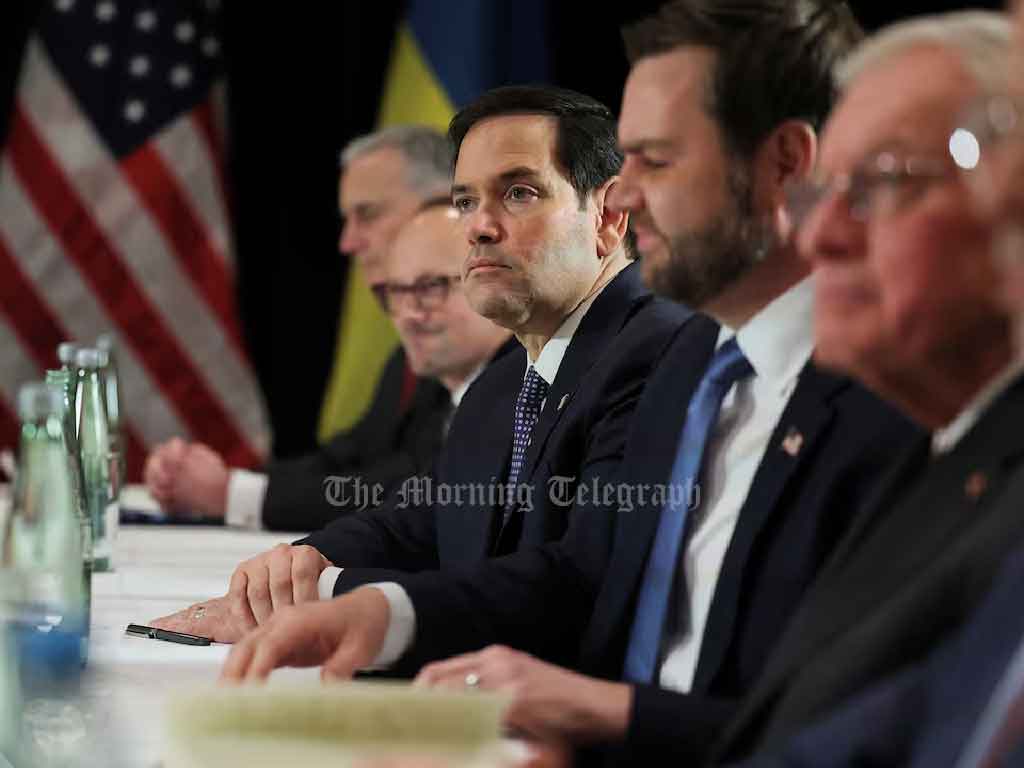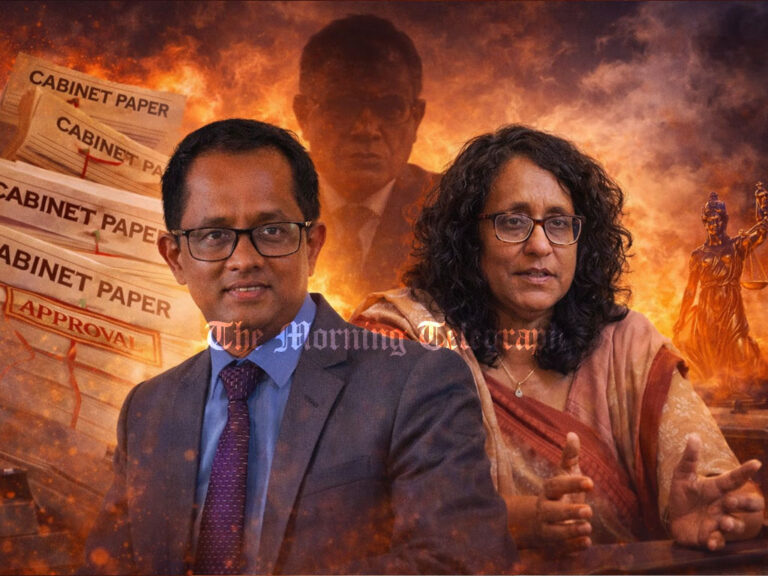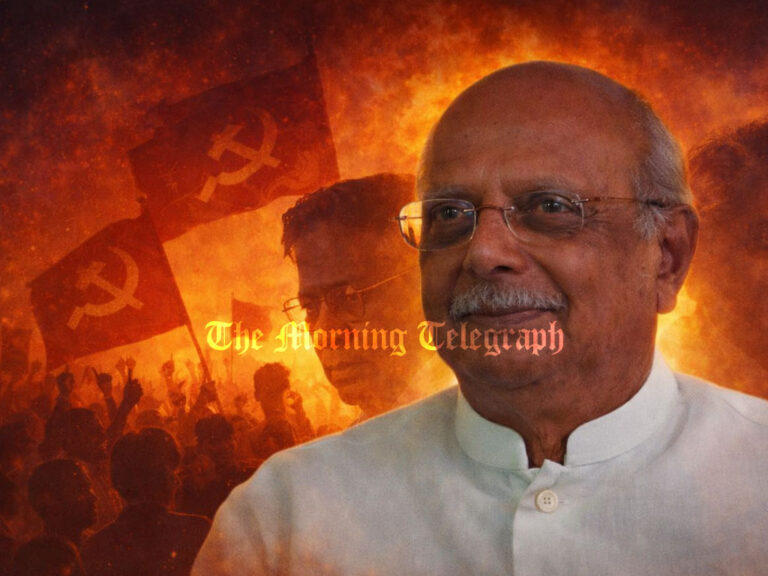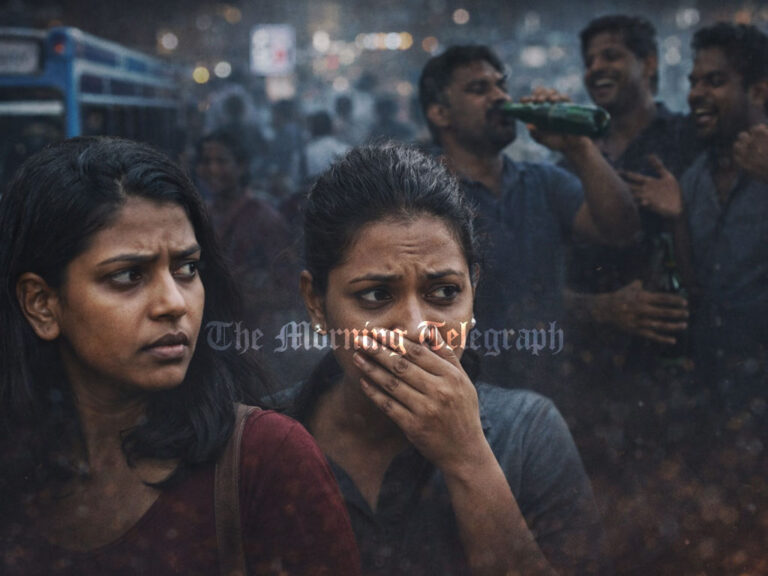
Officials from the United States and Russia are set to meet in Saudi Arabia in the coming days to begin discussions on ending Moscow’s nearly three-year war in Ukraine, according to a U.S. lawmaker and a source familiar with the plans.
However, Ukrainian President Volodymyr Zelenskiy confirmed that Ukraine was not invited to the talks. Speaking after his meeting with U.S. Vice President JD Vance in Germany on Friday, Zelenskiy stated that Kyiv would not engage in any negotiations with Russia without first consulting its strategic allies.
US Officials to Meet Russian Counterparts
U.S. Secretary of State Marco Rubio, National Security Adviser Mike Waltz, and White House Middle East Envoy Steve Witkoff will represent the United States in the talks in Saudi Arabia, according to U.S. Representative Michael McCaul. However, Russia’s delegation remains unclear at this time.
Speaking on the sidelines of the Munich Security Conference, McCaul said that the purpose of the discussions is to arrange a direct meeting between U.S. President Donald Trump, Russian President Vladimir Putin, and Ukrainian President Volodymyr Zelenskiy. He added that the goal is to “finally bring peace and end this conflict.”
A source familiar with the plans confirmed that talks between U.S. and Russian officials in Saudi Arabia are in motion. The U.S. State Department has yet to respond to requests for comment.
Trump Pushes for a Ukraine Settlement
President Donald Trump, who assumed office on January 20, has repeatedly pledged to swiftly end the war in Ukraine. His separate phone calls to both Putin and Zelenskiy last Wednesday have sparked concerns among Washington’s European allies, who fear being excluded from the peace process.
Those concerns were seemingly validated on Saturday when Trump’s Ukraine envoy stated that European nations would not have a seat at the table. The Biden administration had previously pushed for a multilateral peace process, but Trump’s White House instead sent a questionnaire to European capitals asking what contributions they could offer toward Ukraine’s security.
US-Russia Diplomacy Gains Momentum
Earlier on Saturday, U.S. Secretary of State Marco Rubio spoke with Russian Foreign Minister Sergei Lavrov. The Russian Foreign Ministry later stated that both sides had agreed to maintain regular contact in preparation for a potential summit between Putin and Trump.
Zelenskiy, meanwhile, announced that he plans to visit the United Arab Emirates, Saudi Arabia, and Turkey but did not disclose a timeline. He also clarified that he has no plans to meet with U.S. or Russian officials during those visits.
Stalemate on the Battlefield and Negotiation Demands
The frontline situation in Ukraine remains difficult, with Russia controlling nearly one-fifth of Ukraine’s territory and making slow but steady gains in the east. Meanwhile, Ukraine is facing severe manpower shortages as it struggles to hold its positions.
Russia has set conditions for a peace deal, demanding that Ukraine cede territory and adopt a permanently neutral status. On the other hand, Ukraine insists on a full Russian withdrawal from its captured lands and is pushing for NATO membership or equivalent security guarantees to prevent future aggression from Moscow.
Since the war began, the United States and Europe have provided Ukraine with tens of billions of dollars in military aid. However, Trump has been vocal about securing stronger guarantees for U.S. financial assistance to Kyiv.
US-Ukraine Critical Minerals Deal Under Discussion
Amid peace talks, the U.S. and Ukraine are also negotiating a major investment deal that could allow American companies access to Ukraine’s vast reserves of critical minerals.
According to three sources, the U.S. has proposed acquiring a 50% stake in Ukraine’s critical mineral resources. However, Zelenskiy clarified on Saturday that the current draft of the deal does not yet contain the security provisions that Ukraine requires.
As high-stakes diplomatic maneuvering continues, it remains unclear whether these discussions will yield a lasting peace agreement or leada to further geopolitical complications.




